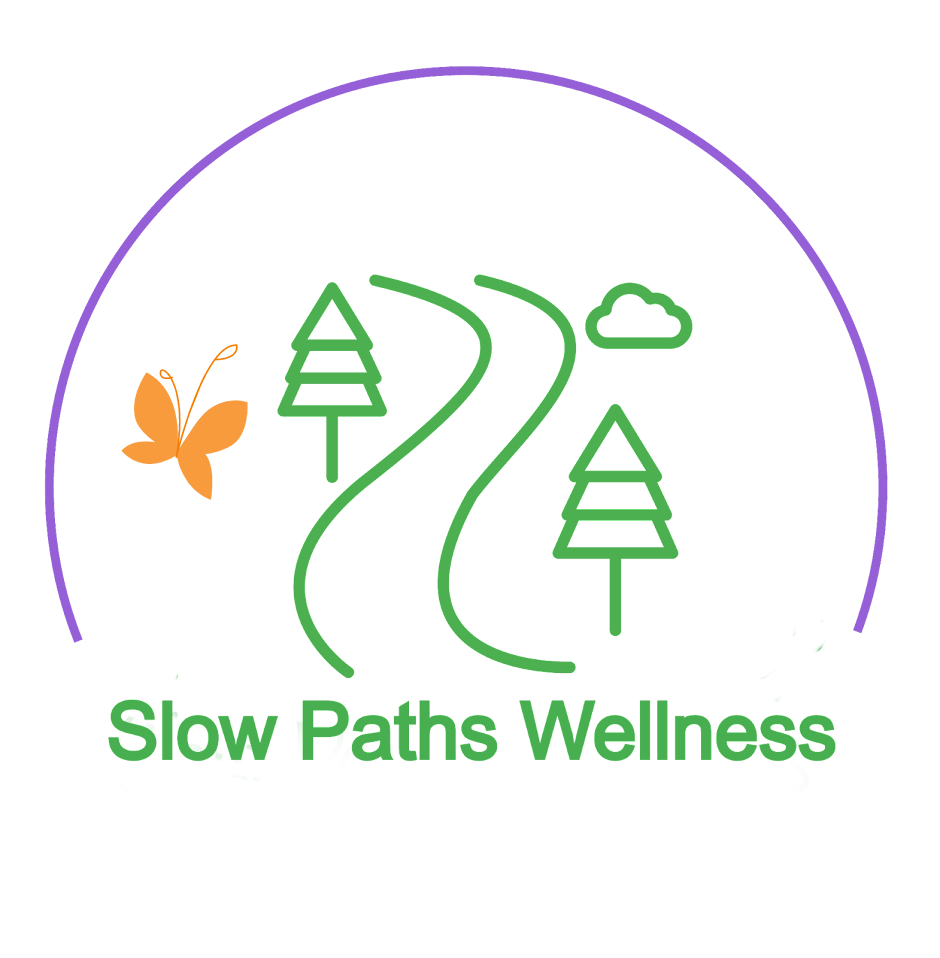 |
| Photo Credit: Escultura |
Usually, my blog is about taking time out, getting rest, and honoring your needs. I usually advocate taking more time off than you think is necessary, and avoiding the mindset that you "have" to do much of anything if you are tired or need renewal time.
But sometimes, you have to show up, no matter how you feel. I call this a Big Thing. If someone is sick, or you're out of sick days, or there's something that is too good for your overall goals, well-being, or future for you to sidestep it, you have to be there. How can you have the show go on when you want to drop the curtain and beg off?
- Do as many health-enhancing habits as possible while you are overextended. If you must work long hours, invest the extra time or money into eating healthy food. Be sure to get at least a tiny amount of exercise, even if it means five minutes of stretching while you listen on a conference call. Sleep as much as you possibly can while still getting your Big Thing done. Naps are great tucked in after lunch (pun intended).
- Set limits around your Big Thing. Set some kind of limit on how far you will push yourself. If there is a new baby, or a sick family member, organize a sitter for a few hours each week. If you have a big project at work, put in a few hours on a regular schedule for a break--a nap, a movie, an afternoon off--stagger the time among co-workers if necessary. No one works well with no breaks at all. And whenever possible set a deadline. "If I have not solved this problem within three weeks, I will set it aside for a week before I deal with it again."
- Ask for help, and take help that is offered. For some reason, asking for help is anathema to some people. But most people want to help their friends, family, and co-workers, knowing they will need help one day, too. So if your mother offers to make some meals so you have time to take your daughter to rehearsals for the school play, thank her profusely--and accept! If you have a co-worker willing and able to accept your phone call list while you handle your budget shortfall, thank her, and take her out to lunch when the crisis is over. Most people suffer more from stress than necessary simply by not taking help that is offered.
- Give yourself permission to let down in something. If you are at your parents' house every night while Dad recovers from hip surgery, don't worry about your normal housework. Or the dishes. If you live alone, and can't get someone to help you, use paper plates or order the healthiest takeout you can find to save time on cleaning up later. Maybe the weekly pizza get-together at work can be shelved until you have the newest promotion done. Or you can cut your exercise time in half for a few days a week until you learn French for your trip to Europe. While you don't want to abandon all standards or healthy activities, don't beat yourself up if you let a few things slide here and there in pursuit of the greater good.
- Reward yourself when The Big Thing is over. My weak point is rewarding myself for an accomplishment, so I want to be sure to preach about it. If you and those around you have worked hard on anything, whether the ending worked out as you hoped or not, reward yourself for your effort. Take the office to dinner when big sale is over--whether you broke any records or not. When the kitchen is finally renovated, invite friends over for a celebration cooking extravaganza. When you spend a month helping your son prepare for his finals, go to the beach for the day when it's done--with an extra treat if he aces it. If your Big Thing is something that is not rewardable, like taking care of a sick relative who dies, you still need to rejuvenate. Take time off work to sleep, think about your loved one, or get a massage and talk to friends. You have worked hard for something, and you need to refill your reserve tank so you can enjoy the rest of your life.
Big Things can come in all shapes and sizes. When you decide something is worth more of your energy than you have to give, make sure it's worth the hours you are taking from your life. Then use these tips to allow you to do your Big Thing and come out the other side still ready for action.

